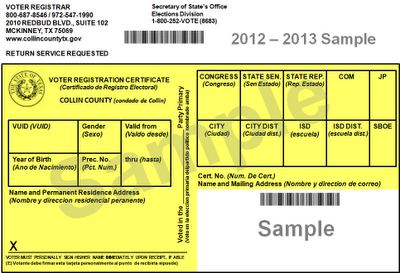At 1 p.m. on Monday, the Supreme Court will hold 70 minutes of argument in three cases — being heard on an expedited schedule — on the new election districts that Texas will use in 2012 balloting for the state legislature and for its expanded delegation in Congress. Arguing for the state of Texas, with 30 minutes of time, will be former U.S. Solicitor General Paul D. Clement, now in private practice in Washington with the Bancroft law firm. He will be followed by Principal Deputy U.S. Solicitor General Sri Srinivasan, arguing for the federal government as an amicus, with ten minutes. Arguing next, for the challengers to the state legislature’s redistricting maps, with 30 minutes, will be Jose Garza, a private attorney in San Antonio who has been representing the Mexican American Legislative Caucus in these cases.
Background
Just as the Supreme Court’s controversial ruling two years ago in Citizens United v. Federal Election Commission has become a major influence on the financing of the 2012 elections, the Court’s coming decision this Term on three legislative redistricting cases from Texas may have a strong impact on who wins some key election contests — and might even help settle control of the new U.S. House in the Congress that gathers next January. The ruling also may bring a severe test of the constitutionality of America’s most important law on the voting opportunities of minorities, the Voting Rights Act of 1965. For a case that could be decided on very narrow grounds, it has developed potentially historic proportions.
But no matter what the Supreme Court justices decide, congressional and legislative maps need to be in place before the preparations for the primary election, now scheduled for April 3, can go forward.

